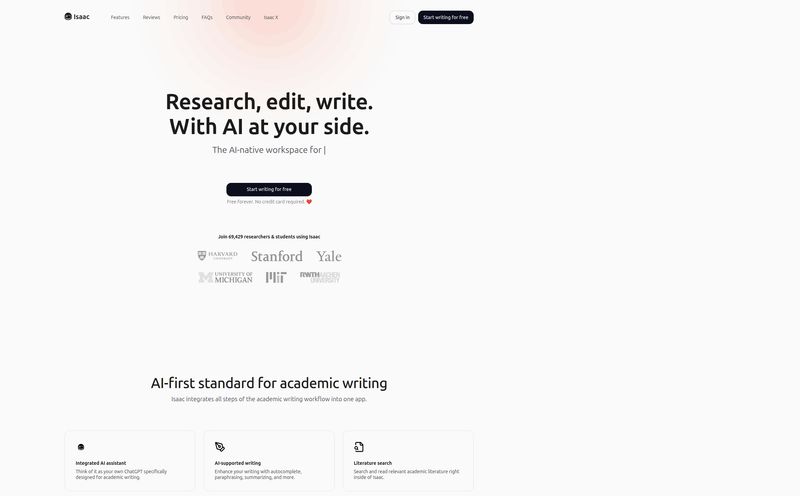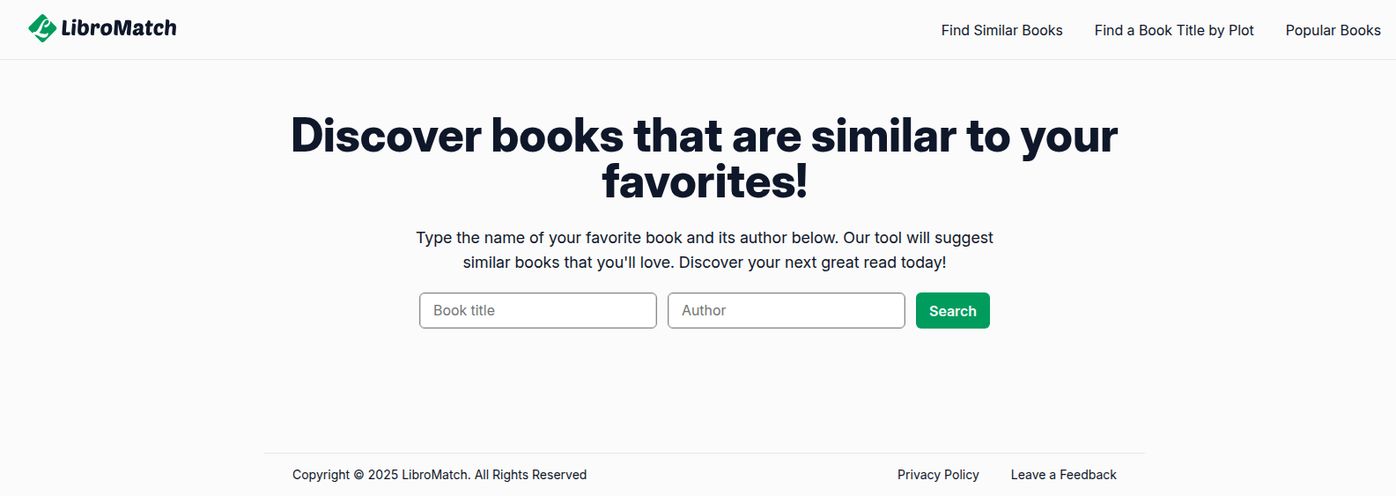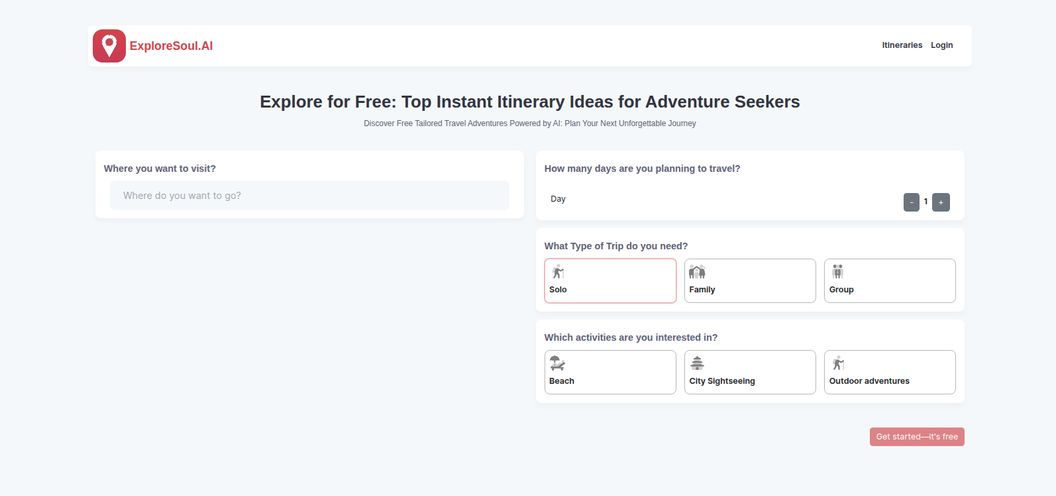Alright, let’s talk. As someone who’s been neck-deep in the SEO and digital productivity space for years, I've seen more apps come and go than I can count. Every week there’s a new “game-changer” that promises to organize your life, streamline your workflow, and probably make you a better cup of coffee. Most of them are just noise. But every now and then, a concept catches my eye. Something simple, elegant, and genuinely smart.
That was Keo for me. I stumbled across it a while back—or at least, the idea of it. A task management tool built for individuals. Clean. Modern. But with a killer hook: an AI assistant and a dedicated notes section for every single task. Not a generalized AI for the whole app, but a specific one for each to-do item. My interest was piqued. This could actually be useful.
So, I decided to do a deep-dive for you all. I put on my investigator hat, fired up a new browser tab, and went to check it out. And this, my friends, is where our story takes a weird turn.
What Was Keo Supposed to Be?
Before we get to the mystery, let's talk about the promise. Why did this idea stand out in a market more crowded than a tube station during rush hour? It wasn’t about having a million features. It was about having the right ones, intelligently implemented.
A Personal AI for Every Single Task
Think about that for a second. Most AI in productivity tools is a broad-stroke affair. It helps you write an email, or summarizes a long document. Keo’s concept was different, far more granular. Imagine adding a task like "Outline blog post about the fall of Keo." You could then ask its dedicated AI to "brainstorm five potential angles for this article," or "find some stats about SaaS startup failure rates."
It's like having a tiny, hyper-focused intern assigned to every item on your list. A research assistant for your research tasks, a creative partner for your creative tasks. For a freelancer or a solo professional, that’s not just a feature; its a superpower.
Integrated Notes are a Seriously Underrated Feature
I cannot tell you how many different systems I’ve cobbled together over the years. Asana for tasks, Google Keep for quick notes, Notion for the bigger brain-dumps... it's a mess. The idea of having a dedicated scratchpad attached directly to the task it relates to is just... clean. No more hunting around for that one link you saved or that brilliant middle-of-the-night idea. It’s right there, attached to the to-do. It’s a simple thing, but it’s the kind of design that shows the creators actually understand the chaotic reality of getting work done.
The Investigation: What on Earth Happened to Keo.dev?
So, filled with professional curiosity, I navigated my browser to `keo.dev`. I was ready to sign up, kick the tires, and see if the reality lived up to the hype. Instead, I was greeted by this:

Visit Keo
A cold, green banner screaming:
This domain has expired.
Oof. That's the digital equivalent of showing up to a hot new restaurant and finding a 'For Lease' sign in the window. Keo, the promising AI-powered wunderkind, appears to be a ghost ship in the vast SaaS ocean. There's no blog post, no a Twitter/X announcement, just an expired domain and a cookie consent form for a website that no longer exists. A true digital fossil.
What does this mean? Well, it could be anything. Maybe the solo developer behind it got a fantastic job offer at Google. Perhaps they ran out of funding—a tale as old as Silicon Valley itself. It could have been an acquisition that went silent. We'll probably never know for sure, and it’s a shame. It's a stark reminder that a brilliant idea is only one part of the equation.
Was the Concept Flawed From the Start?
Looking back at the information I could find, there were maybe a few clues. One of the listed "cons" was that it focused primarily on individual use. Now, I personally see that as a huge pro. The world doesn't need another bloated, enterprise-first project management system. We have Jira for that, and all the therapy bills that come with it. But from a business perspective, focusing only on individuals can mean a smaller market and a tougher path to profitability.
There was also a noticeable lack of information on advanced features or even a pricing page. This usually suggests a product that was still very early in its development. An idea, a prototype, but not yet a fully-fledged business. It’s a classic case of a product that showed immense promise but couldn't make it across the finish line.
Alternatives to Keo: Where to Get Your AI Productivity Fix
So, Keo is a no-go. But the idea behind it is still brilliant. If you were excited by the prospect of an AI-powered task manager, don't despair! The concept is alive and well elsewhere. Here are a few places you can look:
- Motion: This one is probably the closest spiritual successor. It uses AI to automatically schedule your tasks into your calendar. It's less about a per-task assistant and more about a master AI planner who manages your time for you. It's very impressive, if a little bossy for my tastes.
- Todoist: A classic for a reason. Todoist has been carefully integrating AI to help you break down tasks. You can give it a big goal, and it will suggest a list of smaller, actionable steps. It's not quite the Keo dream, but it's a fantastic feature baked into a rock-solid, reliable platform.
- Notion AI: If you're already living in Notion, its AI capabilities are powerful. You can highlight any text on a page—even a simple to-do item—and ask the AI to expand on it, brainstorm, summarize, whatever you need. It requires a bit more manual effort, but the flexibility is enormous.
None of these are a perfect 1:1 replacement for the elegant, focused vision of Keo. But they show that the industry is moving in that direction. The intelligent, helpful task manager is coming. Keo was just a little too early to the party, it seems.
Frequently Asked Questions about Keo and AI Task Managers
- What was Keo?
- Keo was a concept for a modern, simple task management tool designed for individual professionals. Its standout feature was the inclusion of a dedicated AI assistant and notes section for every task on your list.
- Is the Keo app still available?
- No. As of late, the official website, keo.dev, shows a "domain has expired" notice. The platform appears to be defunct and is no longer accessible.
- What was unique about Keo's AI?
- Unlike most tools that have a general AI, Keo proposed a granular approach. Each task would have its own AI assistant, allowing you to ask for help specific to that one item, like asking for research on one task and brainstorming ideas for another.
- What are some good alternatives to Keo for AI-assisted productivity?
- While there's no direct replacement, tools like Motion (for AI-powered scheduling), Todoist (for AI task breakdown), and Notion AI (for flexible, in-document assistance) offer powerful AI features to help manage your work.
- Why do new software tools sometimes disappear?
- Startups and new software products face many hurdles. Common reasons for discontinuation include running out of funding, the development team being hired by a larger company (an 'acqui-hire'), a shift in market focus, or simply the project not gaining enough users to be sustainable.
A Final Thought on a Promising Idea
The story of Keo is a little bit sad, but it’s also exciting. It's a bummer that this specific tool didn't make it, but its core concept is a sign of what's to come. We're moving away from dumb checklists and toward intelligent partners that actively help us get our work done. Keo might be a ghost ship, but it was sailing in the right direction. And for that, I'll pour one out for what could have been. Now, back to my messy system of three different apps...
Reference and Sources
For those looking for active and supported AI productivity tools, you can check out the alternatives mentioned:



